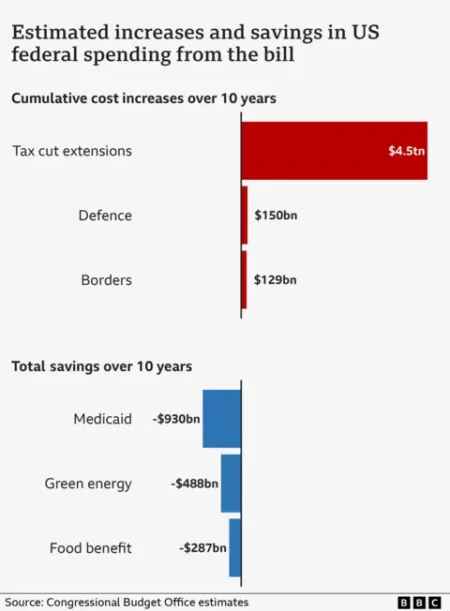Flight cancellations and delays can be a major inconvenience for travelers. Recently, a strike by French air traffic control staff has caused significant disruptions, impacting flights not only within France but also throughout Europe, including the UK. If you find yourself among the affected passengers, you may be wondering what your rights are and how to navigate the complex situation of disrupted travel.
When flights are canceled or delayed, airlines have an obligation to assist their passengers. This support typically includes offering meals and accommodation, if necessary, and arranging alternative flights at no additional cost. Should you experience additional expenses, such as lost accommodation bookings, it is advisable to claim these through your credit card provider, assuming that was your payment method. Furthermore, contacting your travel insurance provider may also be necessary, though it’s important to note that coverage can vary significantly. According to analysts from Defaqto, while approximately 94% of travel insurance policies cover abandonment, only about 30% protect against broader travel disruption scenarios.
If your flight falls under the jurisdiction of UK law, you are entitled to choose between a refund or rebooking onto a different flight if your flight is canceled. This entitlement stands regardless of how early or late the airline informs you about the cancellation. You can expect a refund for any unused portion of your ticket, which means if you have a return flight and one leg is canceled, you can reclaim the full amount.
In situations where your plans remain intact, the airline is required to provide you with an alternative flight. If a competitor airline has a flight to your destination that departs sooner, you may request to be booked on that flight. However, if your canceled flight was operated by a non-UK airline coming into the UK, reviewing the terms and conditions of your booking is essential.
Claims for extra compensation can be made under certain conditions. If the cancellation stems from extraordinary circumstances, such as severe weather or airport strikes, you typically may not be entitled to additional compensation. However, if the disruption is due to the airline’s fault, your rights under UK law come into play. The specifics of your entitlements depend on the cancellation notice given and the distance of your flight. For example, for short flights under 1,500 km, compensation can reach as high as £220 per passenger, while longer flights can lead to claims upwards of £520.
Additionally, airlines have a responsibility to provide assistance while you are waiting for your rescheduled flights. This includes reasonable food and beverage options, communication reimbursement, and accommodation if required to stay overnight due to delays. If the airline fails to provide these services, you can arrange for your own support and later claim the expenditures, but you should retain all receipts and avoid unnecessary overspending.
For packaged holidays booked through ABTA members, you also have specific protections, typically guaranteeing a substitute flight or a complete refund if your original flight is affected.
Unfortunately, if flight disruptions lead to tardiness at work, airlines and travel insurance policies generally do not compensate for loss of earnings. It is crucial to communicate any expected delays to your employer, and adherence to company policy about absence—such as potentially using vacation leave—is advisable. Ultimately, employers are not legally bound to pay employees in these circumstances unless explicitly stated in employment contracts.
Understanding your rights is essential when faced with travel disruptions. Proactively seeking clarification from airlines and insurance providers can ensure that you receive the assistance and compensation that you’re entitled to, minimizing the stress associated with these inevitable inconveniences.











